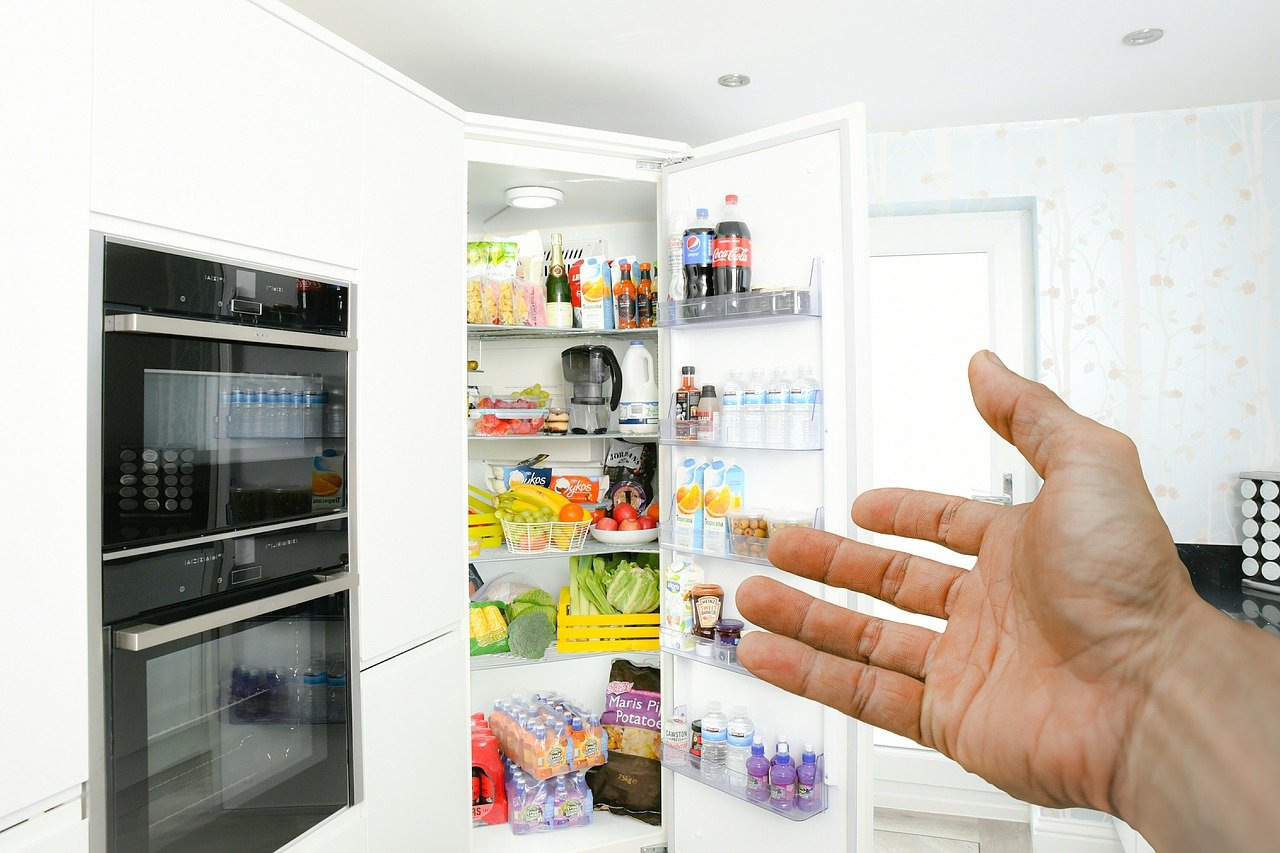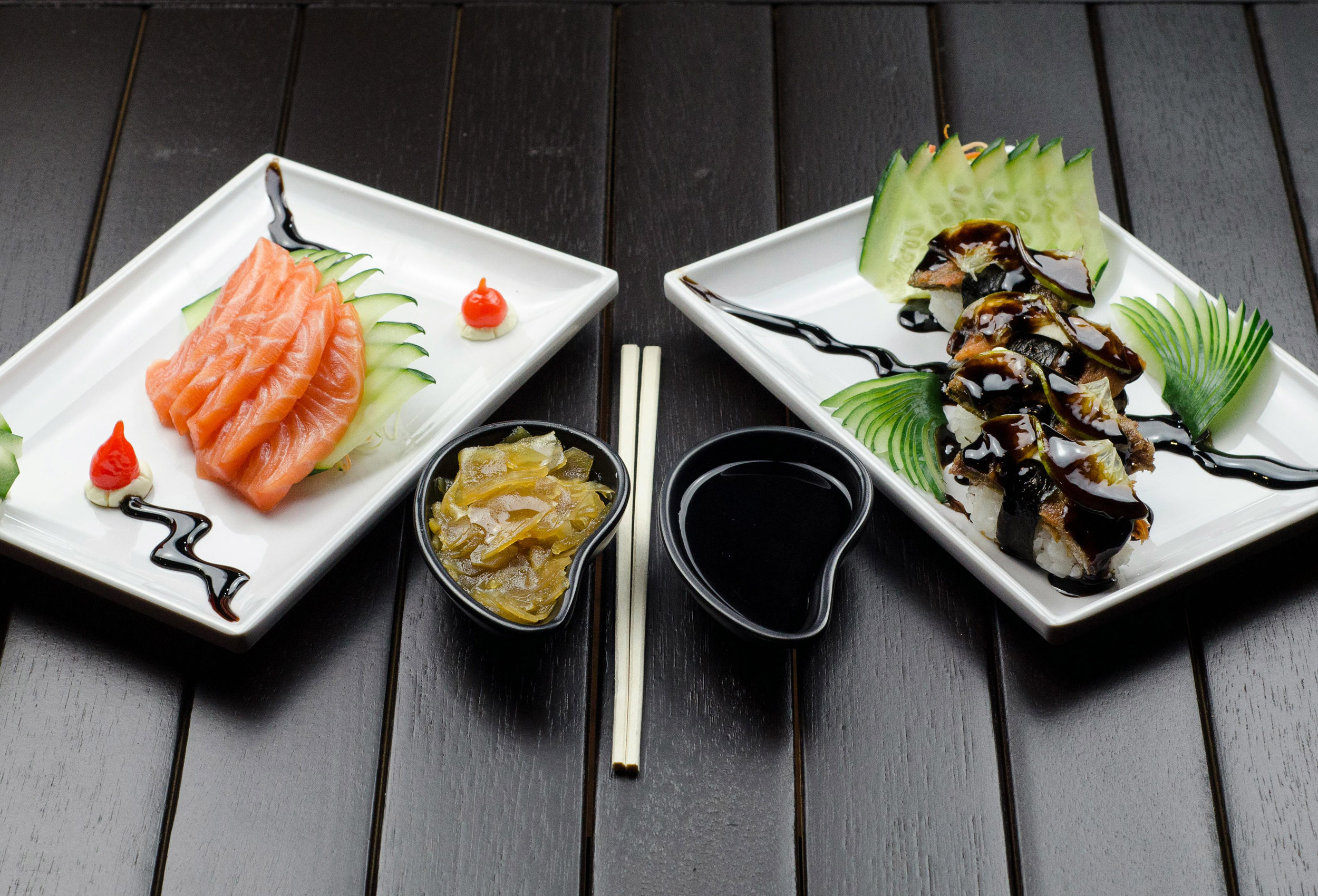Food preservation forms the foundation of effective kitchen management and household budgeting. Your refrigerator and freezer work together as a powerful duo, each offering distinct advantages for maintaining food quality and reducing waste. Understanding how to leverage both appliances properly can transform your approach to meal planning, grocery shopping, and food storage.
Modern households rely heavily on these appliances to keep food fresh, safe, and nutritious. While they share the common goal of temperature-controlled storage, fridges freezers operate at different temperatures and serve different purposes. Making informed decisions about which foods belong in each space can significantly extend shelf life and preserve nutritional value.
Fridge Benefits
Refrigerators excel at maintaining optimal conditions for short-term food storage. Operating between 1°C and 4°C, fridges slow bacterial growth without freezing delicate textures or altering food structure. This temperature range preserves the crisp texture of vegetables, maintains the creamy consistency of dairy products, and keeps fresh fruits at their peak flavour.
Fresh produce benefits enormously from refrigeration. Leafy greens stay vibrant longer when stored in crisper drawers with controlled humidity. Dairy products maintain their quality and safety when kept at consistent cool temperatures. Cooked meals can be safely stored for several days, making meal preparation more efficient.
Convenience plays a major role in refrigerator advantages. Food stored in fridges remains ready to eat or cook immediately. There’s no thawing time required, making fridges ideal for ingredients you use frequently. The easy access encourages healthy eating habits since fresh foods are readily available for snacks and quick meals.
Freezer Benefits
Freezers operate at -18°C or below, effectively halting bacterial growth and preserving food for months rather than days. This dramatic temperature reduction allows you to buy foods in bulk, take advantage of seasonal availability, and store homemade meals for future consumption. Freezing technology has revolutionised how households manage food resources.
Long-term storage capabilities make freezers invaluable for busy families. You can prepare large batches of soups, stews, or casseroles and freeze individual portions for quick weeknight dinners. Seasonal produce can be frozen at peak ripeness, allowing you to enjoy summer berries or garden vegetables throughout winter months.
Quality preservation in freezers prevents significant food waste. Meat, fish, and poultry can be stored for months without deterioration when properly wrapped. Bread, baked goods, and prepared foods maintain their nutritional content and flavour when frozen quickly after preparation. This extended storage time provides flexibility in meal planning and reduces the frequency of grocery shopping trips.
Fridge vs. Freezer: Key Differences
Temperature variations create the fundamental difference between these appliances. Refrigerators maintain temperatures just above freezing, preserving food texture while slowing spoilage. Freezers drop temperatures well below freezing point, essentially pausing the deterioration process by stopping bacterial activity and enzymatic reactions.
Food suitability varies dramatically between the two appliances. Fresh vegetables, dairy products, and ready-to-eat items thrive in refrigerator conditions. Raw meats, prepared meals intended for future use, and surplus produce benefit more from freezer storage. Some foods, like potatoes and onions, prefer neither environment and store better at room temperature in dark, cool spaces.
Energy consumption differs between fridges and freezers, though both require constant power to maintain their respective temperatures. Freezers typically consume more energy due to their lower operating temperatures, but this increased cost often pays for itself through reduced food waste and bulk purchasing opportunities. Modern energy-efficient models have significantly reduced the power consumption gap between the two appliances.
Maximising Your Food Preservation Strategy
Both refrigerators and freezers serve essential but different roles in modern food preservation. Refrigerators excel at short-term storage, convenience, and maintaining food textures for immediate consumption. Freezers provide long-term preservation, enable bulk purchasing, and reduce food waste through extended storage capabilities.
Success in food preservation comes from understanding which appliance best serves each food type and storage goal. Use your refrigerator for items you’ll consume within days, prioritising convenience and texture preservation. Reserve freezer space for longer-term storage, bulk purchases, and meal preparation. Regular maintenance of both appliances, including proper temperature settings and organised storage systems, will maximise their effectiveness and extend the life of your food investments.

